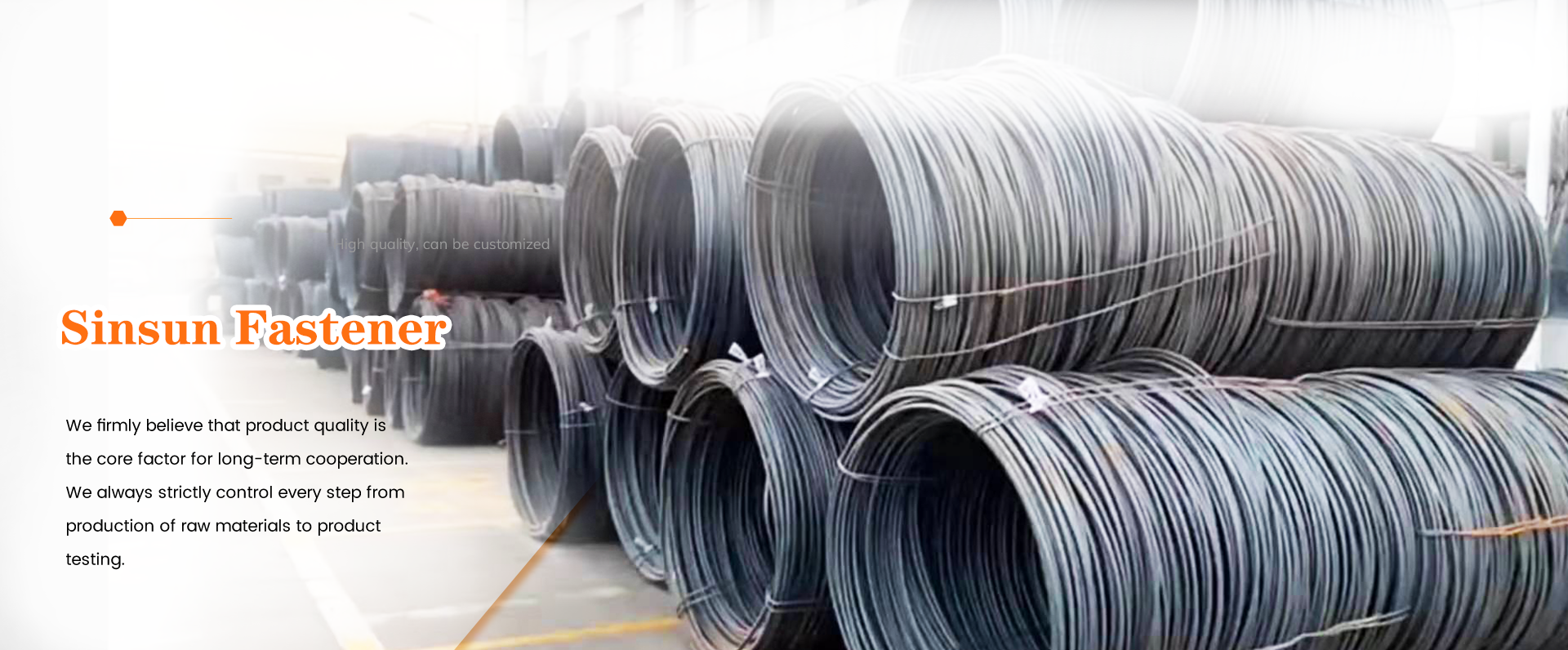In every construction or renovation project, drywall screws play a crucial role in securing drywall sheets to frames or ceilings. However, not all drywall screws are created equal. There is a wide variety of drywall screws available in the market, each designed for specific purposes. In this blog, we will delve into the classification of drywall screws based on surface treatment, thread type, and drilling type, as well as explore their various uses.
Classification Based on Surface Treatment:
1. Black Phosphating Drywall Screws: These screws are coated with a layer of black phosphating, providing corrosion resistance. They are commonly used in interior drywall applications where moisture exposure is minimal.
2. Gray Phosphated Drywall Screws: Similar to black phosphating screws, gray phosphated screws also offer corrosion resistance. However, they have a smoother finish, making them suitable for applications where aesthetics matter, such as visible drywall installations.
3. Galvanized Drywall Screws: These screws are coated with zinc, providing a higher level of corrosion resistance compared to phosphating screws. They are ideal for exterior applications or areas prone to moisture damage, such as kitchens and bathrooms.
4. Nickel-plated Drywall Screws: Offering superior corrosion resistance, these screws are coated with a layer of nickel. They find their applications in environments exposed to humidity or saltwater, such as coastal regions or swimming pool enclosures.
Classification Based on Thread Type:

1. Coarse Thread Drywall Screws: These screws have widely spaced threads, resulting in a higher mechanical strength. They are best suited for fastening drywall to wooden studs or frames.
2. Fine Thread Drywall Screws: With closely spaced threads, these screws provide a stronger grip on metal studs, preventing them from slipping or damaging the drywall. They are commonly used in commercial construction where metal framing is prevalent.
Classification Based on Drilling Type:
1. Tapping Drywall Screws: These screws have a sharp point that allows them to tap and create threads in the drywall without the need for pre-drilling. They are convenient for quick installations, especially when working with softer drywall materials.
2. Drilling Drywall Screws: Equipped with a self-drilling point, these screws eliminate the need for pre-drilling pilot holes. They are specifically designed for use with tougher materials such as wood, metal, or multiple layers of drywall.
Uses of Different Types of Drywall Screws:
1. Interior Drywall Installation: Black phosphating drywall screws are commonly used for hanging drywall in interior walls and ceilings where little moisture exposure is expected.
2. Visible Drywall Installations: Gray phosphated screws, with their smoother finish, are suitable for installations where screws may be left exposed or where aesthetics matter, such as in retail spaces or homes.
3. Exterior and Moisture-Prone Areas: Galvanized and nickel-plated drywall screws offer superior corrosion resistance, making them perfect for exterior applications, as well as areas exposed to high humidity or saltwater.
4. Wood or Metal Studs: Coarse thread drywall screws are ideal for fastening drywall to wooden studs, while fine thread drywall screws provide a stronger grip on metal studs.
Conclusion:
Selecting the right type of drywall screws is essential for ensuring the structural integrity and longevity of your drywall installations. By understanding the classification based on surface treatment, thread type, and drilling type, as well as knowing their various uses, you can confidently choose the appropriate drywall screws for your specific project requirements. Remember, a reliable supplier or manufacturer can guide you further in selecting the most suitable drywall screws for your needs.
Post time: Jun-20-2023


